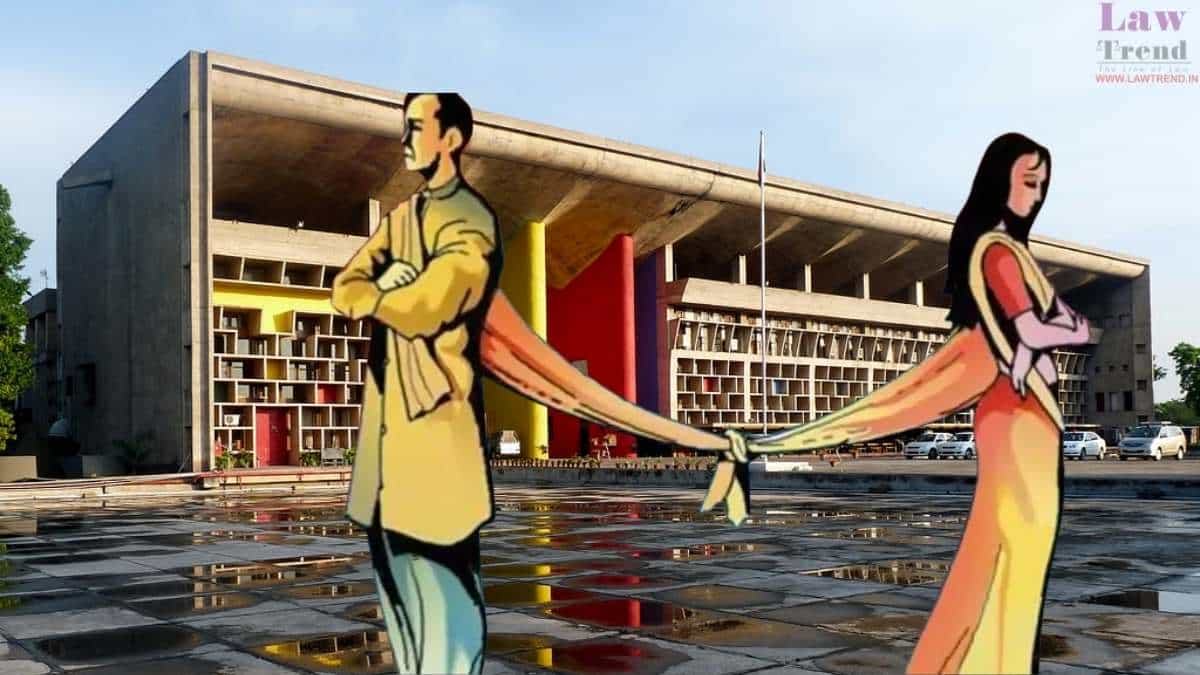High Court Dissolves Marriage Citing Mental Cruelty

In a long-standing matrimonial dispute between Parvin Kumar Jain and Anju Jain, the High Court of Delhi examined the complexities of interim maintenance under the Hindu Marriage Act, 1955. The couple, married in December 1998, had been living separately since January 2004, with their son staying with the mother. The litigation journey began in 2004 when the husband sought divorce on grounds of cruelty and the wife responded by filing for interim maintenance.
Initially, the Family Court granted a monthly maintenance of ₹18,000, which was later increased to ₹20,000 by the High Court. However, as years passed, the wife sought an enhancement, citing rising expenses and the growing needs of their son. By 2009, she filed a new application demanding ₹1,45,000 per month. The husband withdrew the divorce petition in 2016, yet the question of maintenance continued to be litigated, culminating in the 2018 Family Court judgment, which awarded ₹1,15,000 per month until 2016 and ₹35,000 per month for the son thereafter, with increments every two years.
Both parties appealed—he seeking to set aside the order, and she demanding a higher amount. The court had to navigate legal arguments around the Family Court’s jurisdiction post-withdrawal of the divorce petition and whether maintenance could be granted to a child over 18. The husband contended that the court became functus officio after he withdrew the divorce petition, but the judges disagreed. They emphasized that applications under Sections 24 and 26 of the Hindu Marriage Act can survive beyond the main proceedings, especially when a child’s education and welfare are involved.
On the question of age and entitlement, the court made a progressive interpretation. Recognizing the financial realities of modern education, the judges held that a child who has reached the age of majority but is still in education can claim maintenance. The son, having shown a commendable academic record and aspirations of becoming a software engineer, was found entitled to continued support.
Critically, the Family Court’s judgment was upheld regarding the husband's obligation to maintain his wife and son. The High Court concurred with the finding that the husband had concealed substantial income and assets. His monthly income, gleaned from various jobs and business interests, including investments and properties, indicated a financial capacity far beyond what he disclosed. The court cited instances where the husband understated his holdings, including mutual funds and property ownership, and even denied his association with a consultancy firm he had founded.
Moreover, the husband’s arguments concerning the wife's alleged fraud over a rent agreement were dismissed. The court found the wife’s explanation plausible—that her mother had purchased the house and she was paying rent as part of a mutual understanding. The court also took a dim view of the husband’s delay tactics which had stretched the legal process for over nine years, denying the wife and child access to appropriate financial support.
Ultimately, the High Court enhanced the interim maintenance amount to ₹1,45,000 per month for the period from 2009 to 2016 and directed the husband to pay the arrears with 12% interest. The judgment reinforces the principle that financial capacity must be transparently disclosed, and that maintenance should reflect both the social standing of the parties and the evolving needs of children. The ruling sends a clear message about fairness, responsibility, and the enduring obligation of support within familial relationships, even beyond the boundaries of a contested marriage.
